This site uses cookies, by continuing to use this site you are agreeing to their use. Learn More
islington 25
This site uses cookies, by continuing to use this site you are agreeing to their use. Learn More
islington 25
| Click on the thumbnails to get a larger picture, then on |
|
on the top LHS of the screen to return to this page. |
Tracker above: gps below
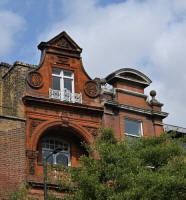 |
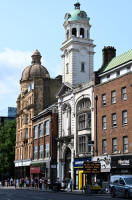 |
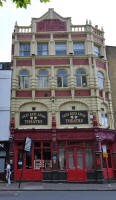 The Old Red Lion Theatre |
 |
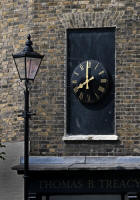 |
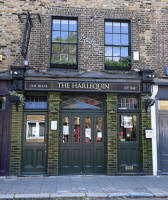 The Harlequin PH |
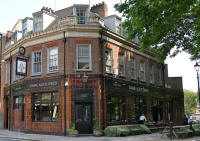 Dame Alice Owen PH |
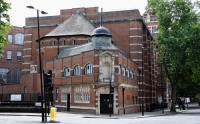 London University St George's Campus |
|
Dame Alice Owen was born in 1547 to an Islington landowner Thomas Wilkes and his wife.[1] She had a sister Mary whose daughter, Anne Bedingfeild, was also a benefactor.[2] In her childhood, when in the fields at Islington, 'sporting with other children', she had a narrow escape of being killed by an arrow, shot by some unlucky archer, which 'pierced quite thorough the hat on her head'. For this providential escape, she recorded her gratitude in later life by the erection of a school and almshouses on the spot.[1] The story appeared in this form within five years of her death, in the second edition of John Stow's 'Surray', published in 1618. Later on it received many embellishments.[3] Alice Wilkes was three times married: firstly to Henry Robinson, a member of the Brewers' Company, by whom she had six sons and five daughters; secondly to William Elkin, an alderman of London, by whom she had one daughter, Ursula, married to Sir Roger Owen (son of Thomas, and her stepson) of Condover, Shropshire ; and thirdly to the judge Thomas Owen. It is as the widow of Mr. Justice Owen that she is often styled Dame Alice Owen, or even Lady Owen; but Owen was never knighted.[3] Alice Owen died 26 October 1613, and was buried in the parish church of St Mary's Church, Islington, where a monument preserved her effigy and those of her children till 1751, when, on the pulling down of the old fabric, part of the monument was removed to the school, and a fresh one erected to her memory in the new church.[3] from Wikipedia |
|||
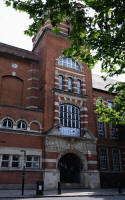 |
 |
The Islington Museum |
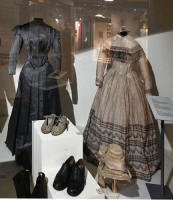 |
 |
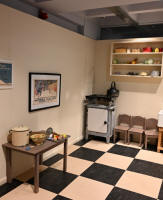 |
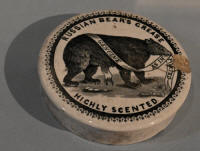 |
 A Sweetie |
 Out for a walk |
We stopped for a coffee and were entertained by these small dogs who popping out of sight then returning some moments later. |
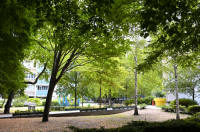 Birches |
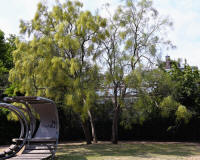 Mount Etna Broom |
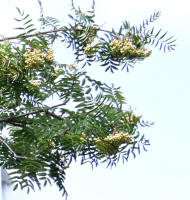 Cream rowan berries |
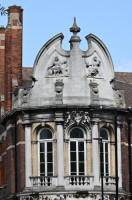 |
The London Archives |
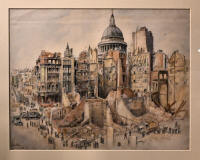 Bomb damage seen from a window of Midland Bank by Richard Mathews 1941 |
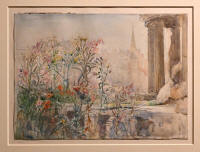 Wild flowers among the ruins surrounding St Paul's Cathedral by Esther Borough Johnson 1945 |
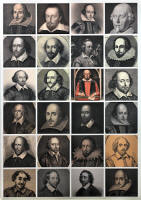 Shakespeare |
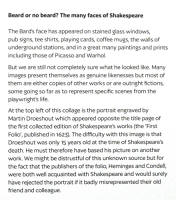 |
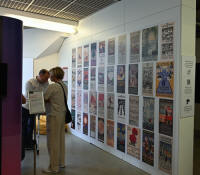 |
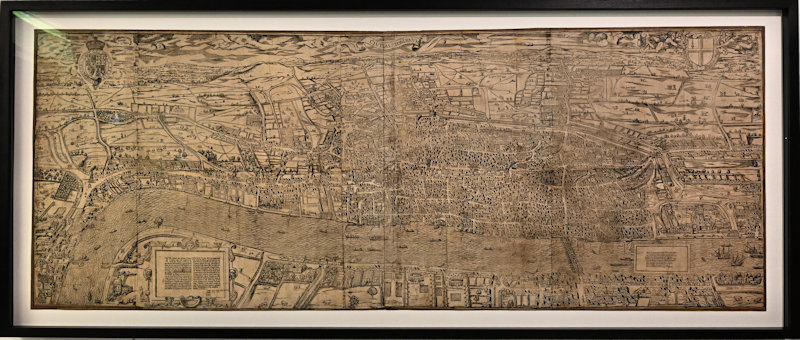 Does not enlarge |
|||
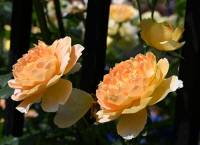 |
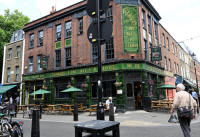 |
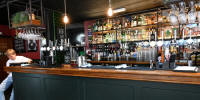 The Exmouth Arms where we had lunch |
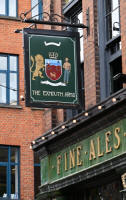 |
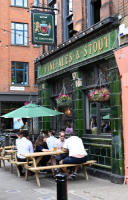 |
 |
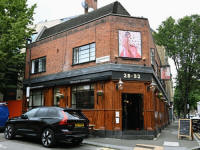 The Marion Anderson |
 |
|
|
|||
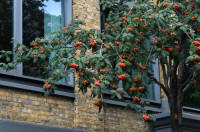 Red rowan berries |
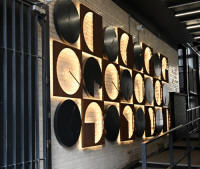 Wonderful lights |
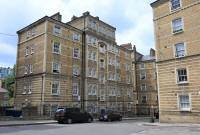 Flats |
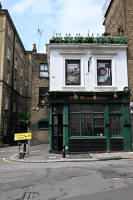
The Horse Shoe PH |
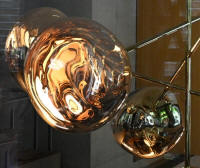 More lights |
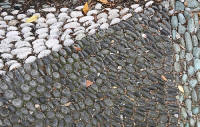 |
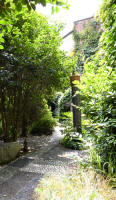 |
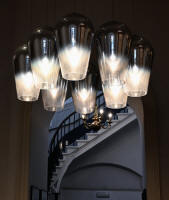 Yet more |
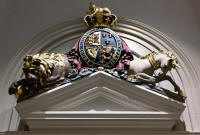 |
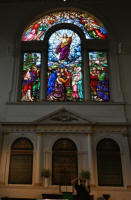 |
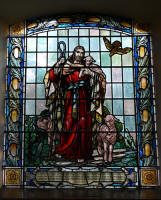 |
 And again |
Saint James Church, Clerkenwell is on the site of the first nunnery to be built in London dating back to 1100AD. It is a Grade 2* Listed Church in the Clerkenwell Green Conservation area. |
|||
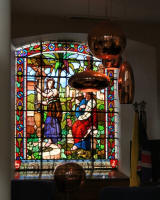 |
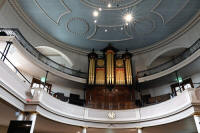 |
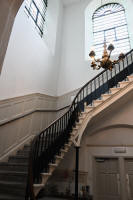 |
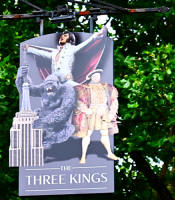 |
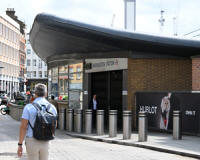 |
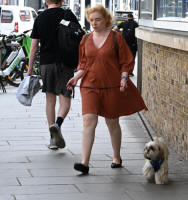 |
We picked up a fast train at Farringdon and were home quickly. Have had Mario Anderson singing to accompany this page, very thrilling... | |